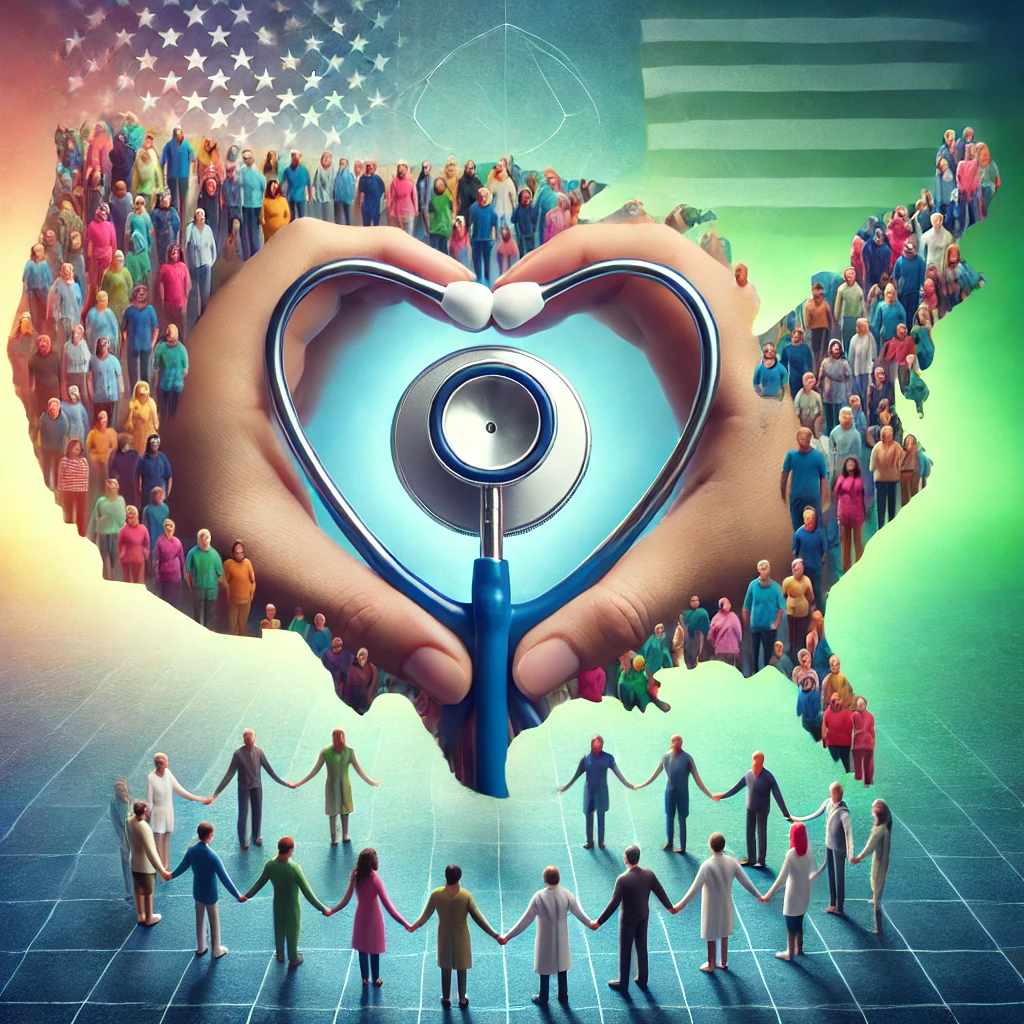The debate over whether health care is a fundamental right or a privilege has long shaped the American political and social landscape. While other developed nations have largely embraced health care as a universal right, the United States remains a country where many struggle to afford coverage, navigate a complex insurance system, and avoid financial ruin due to medical expenses. Below are the top 10 reasons why health care should be recognized as a right in the U.S. and not merely a privilege reserved for those who can afford it.

1. Upholding Human Dignity
Access to quality health care is intimately tied to human dignity. At its core, health care is about preserving life, reducing suffering, and ensuring everyone can lead a productive and meaningful existence. By declaring health care a right, the United States acknowledges the inherent worth of every individual, reinforcing the principle that one’s health should never be contingent upon their employment status, wealth, or social standing.
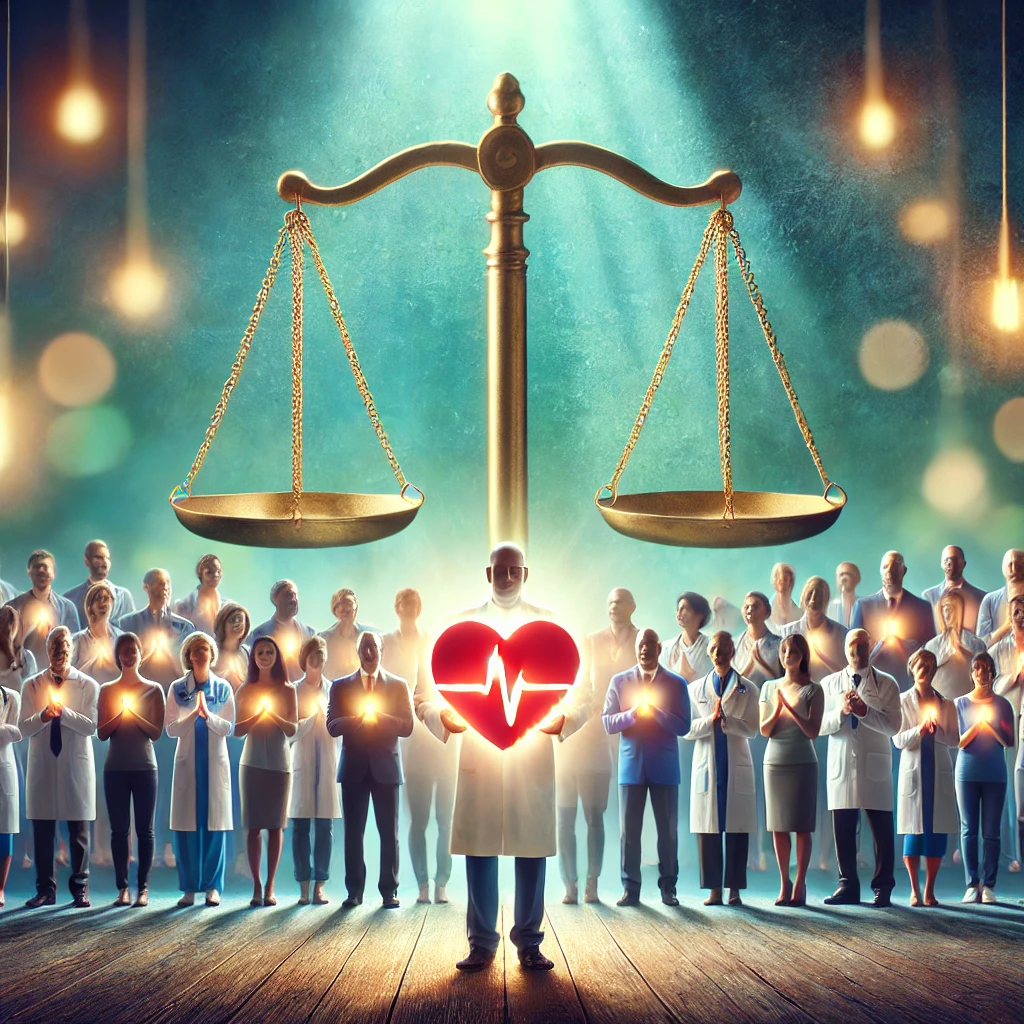
2. Promoting Equality and Justice
In a society that aspires to treat all citizens equally, allowing health care to function as a privilege creates vast disparities. Communities of color, low-income neighborhoods, and rural areas often have less access to comprehensive care, resulting in worse health outcomes. Treating health care as a right means working toward a just system that offers every American a fair chance at good health, regardless of socioeconomic background.
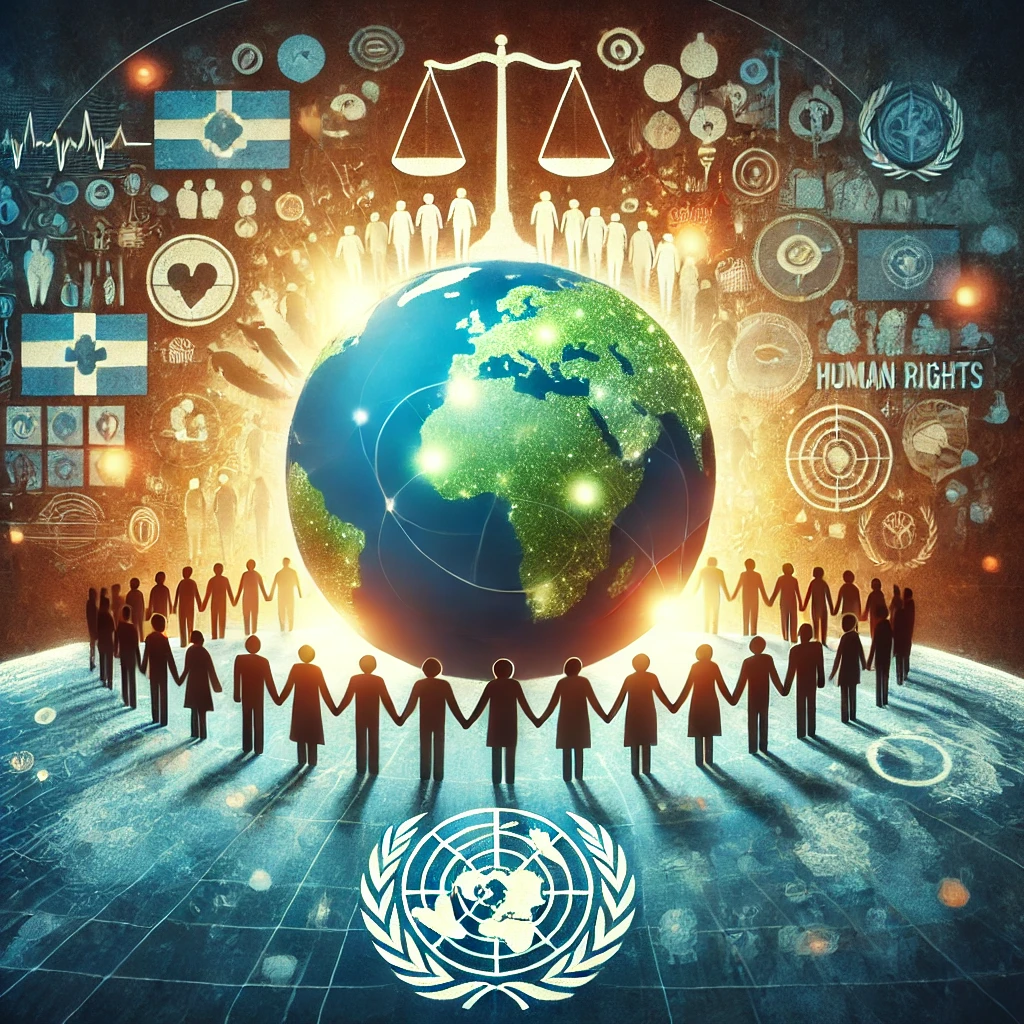
3. Aligning with International Human Rights Norms
Many nations and international bodies, including the World Health Organization and the United Nations, recognize health care as a fundamental human right. The United States, often seen as a global leader, remains an outlier. By adopting the principle that health care is a right, America would join the global consensus, reinforcing its commitment to human rights and potentially improving its standing and credibility on the world stage.

4. Economic Productivity and Stability
A healthier population is a more productive population. When people have reliable access to care, they are less likely to miss work due to preventable illnesses, and more likely to contribute to the economy over the long term. Ensuring that all Americans have affordable health care can help stabilize the labor force, reduce productivity losses, and spur economic growth that benefits everyone.
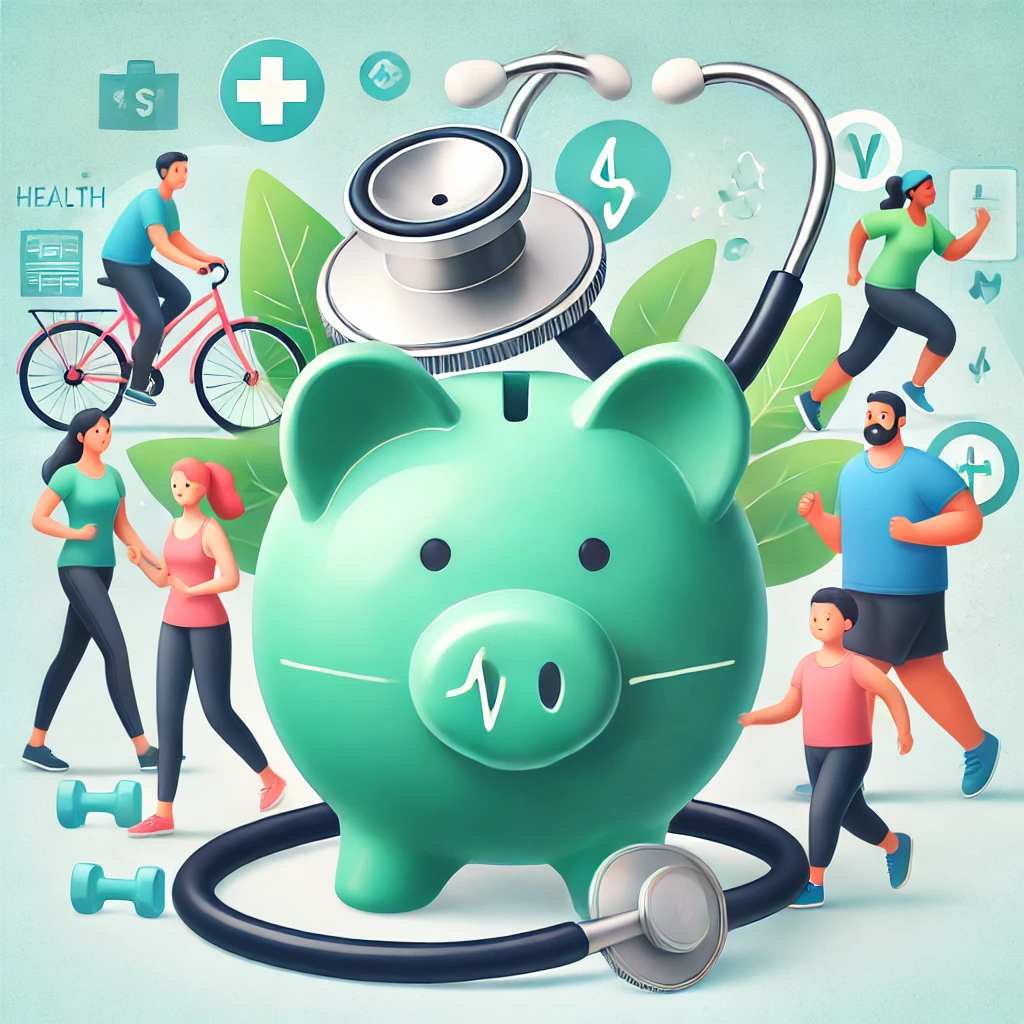
5. Cost Savings Through Preventive Care
Treating health care as a privilege often leads to underutilization of preventive services, like regular check-ups, screenings, and routine immunizations. Without these, treatable conditions can progress into more severe and expensive health crises. Recognizing health care as a right encourages earlier and more frequent engagement with medical services, driving down long-term costs for individuals, employers, and the health care system overall.
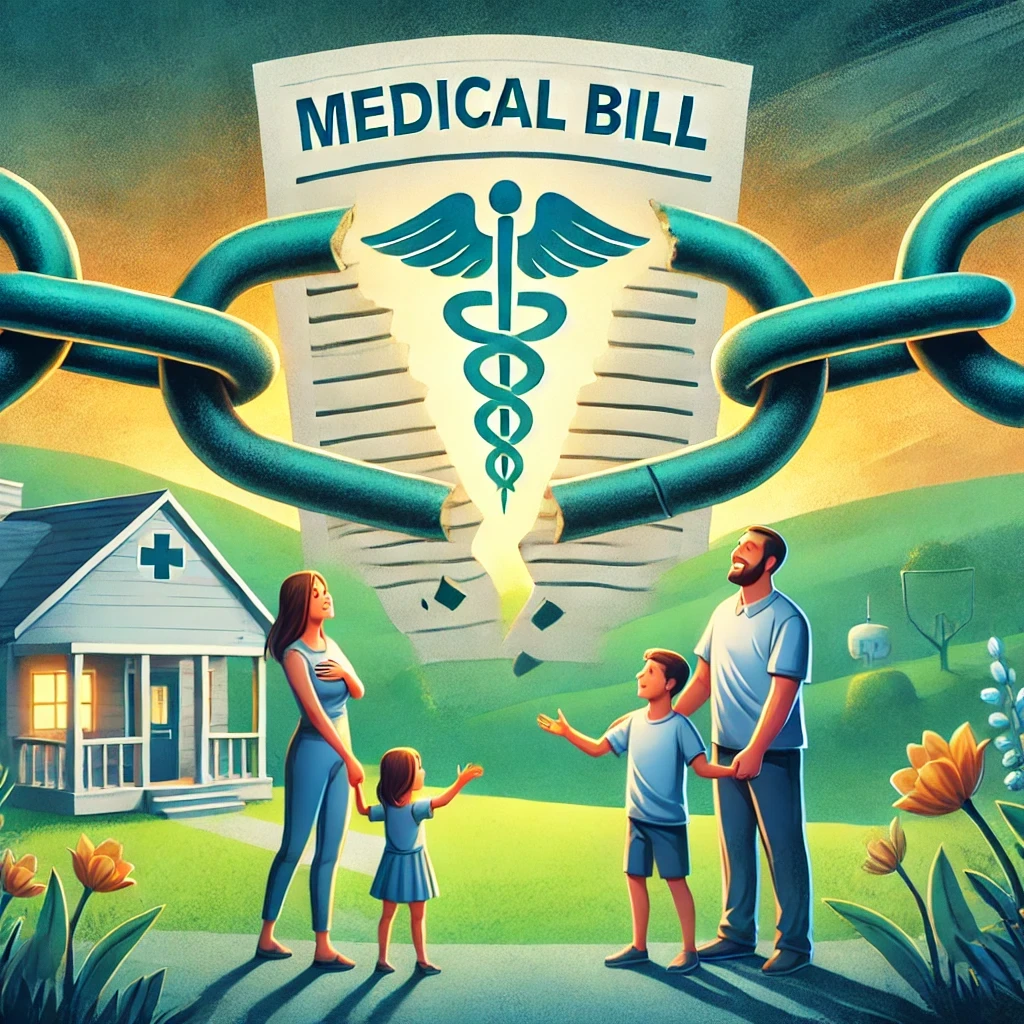
6. Reducing Medical Bankruptcy and Financial Stress
Medical bills are a leading cause of personal bankruptcy in the United States. When health care is a privilege, individuals and families may face insurmountable debt after a serious illness or injury. By granting universal access to care, families would be less likely to encounter crippling financial burdens, creating a more secure and stable middle class and ultimately reducing economic inequalities.

7. Strengthening Community Health and Resilience
Communities are interconnected networks where one person’s health can affect others. Contagious diseases, for example, spread more easily in areas where residents lack access to preventive care, screening, and treatment. Making health care a right ensures that everyone in a community can access the tools to protect themselves and others, ultimately leading to stronger, healthier, and more resilient communities.

8. Encouraging Innovation and Efficiency
Some argue that the current profit-driven health system fuels innovation. However, universal rights-based health care models can also foster robust medical advancements. When coverage is no longer tied to profit margins or insurers’ bottom lines, there is greater incentive to invest in cost-effective therapies, long-term preventive measures, and patient-centered research. The goal shifts from maximizing revenue to improving health outcomes, potentially accelerating meaningful innovation in care delivery and treatment options.
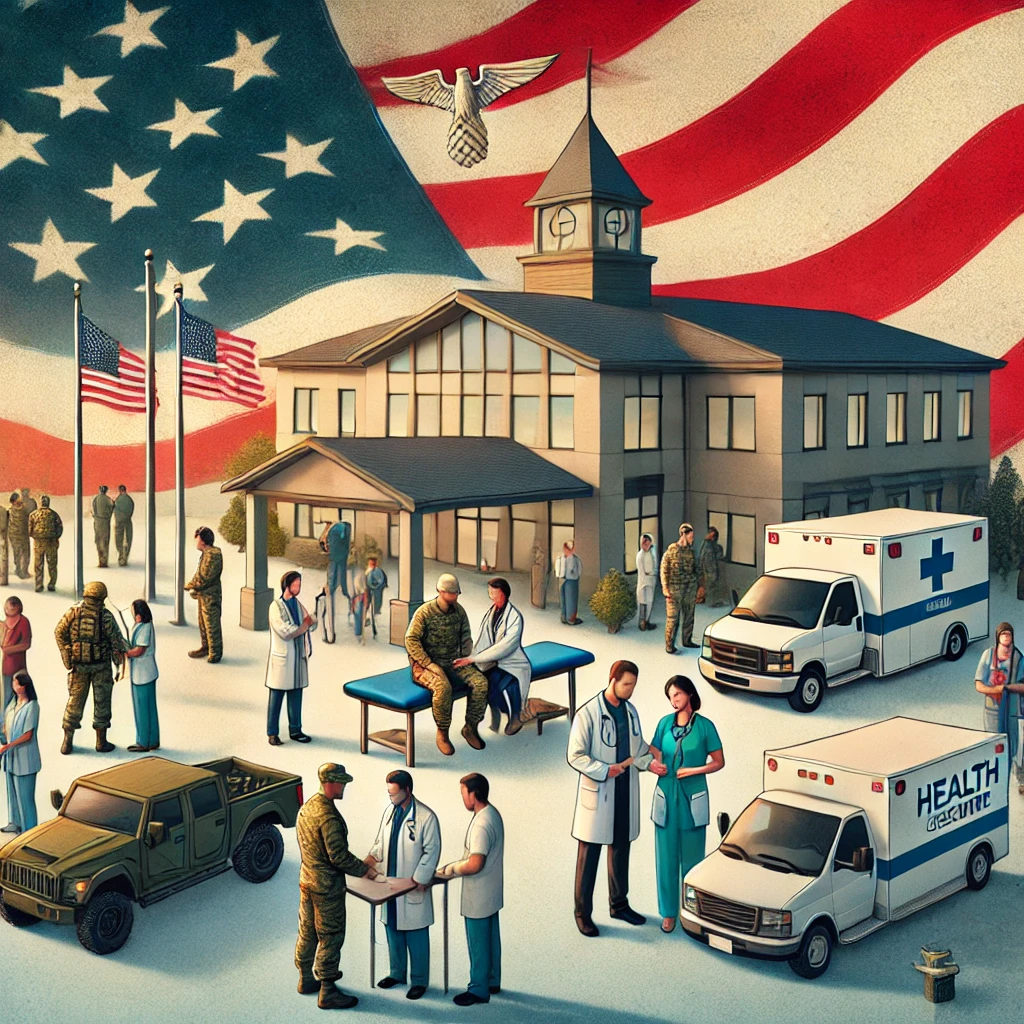
9. Enhancing National Security
A strong, healthy population is essential for national security. When millions of citizens lack health coverage, issues like widespread chronic disease and preventable illnesses can reduce the pool of eligible recruits for the military and essential service roles. Viewing health care as a right ensures that citizens are better prepared—physically and mentally—to respond to emergencies, serve in national defense, and support public safety services.

10. Fulfilling the Nation’s Core Values
The United States has long prided itself on the ideals of life, liberty, and the pursuit of happiness. Poor health care access undercuts these principles. If an American’s ability to live a long, healthy life and pursue personal goals depends on their insurance status or job benefits, then these foundational promises ring hollow. Treating health care as a right reaffirms the nation’s moral and democratic ideals, ensuring that every person can fully participate in the promise of America.
Incorporating health care as a right rather than a privilege would have transformative implications for the United States. It would not only save lives and improve well-being but also strengthen the economy, bolster national security, and align the country more closely with its foundational principles and global human rights standards. Recognizing health care as a right is not only morally justifiable—it is an investment in the collective health, prosperity, and dignity of the entire nation.

